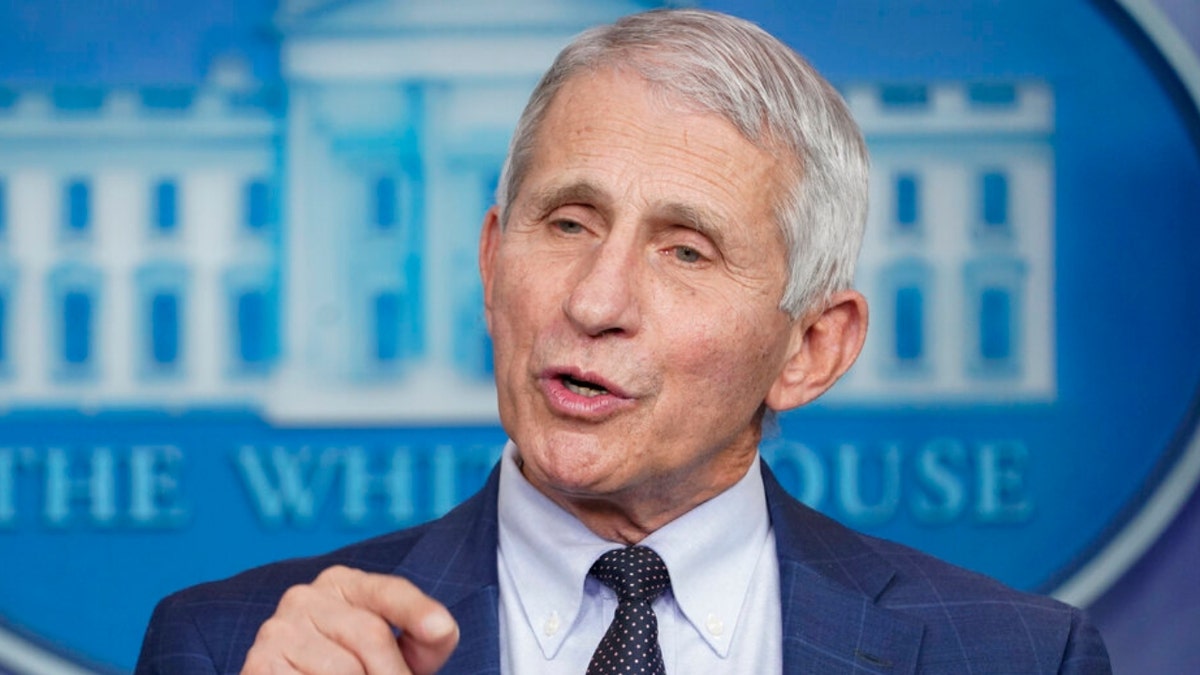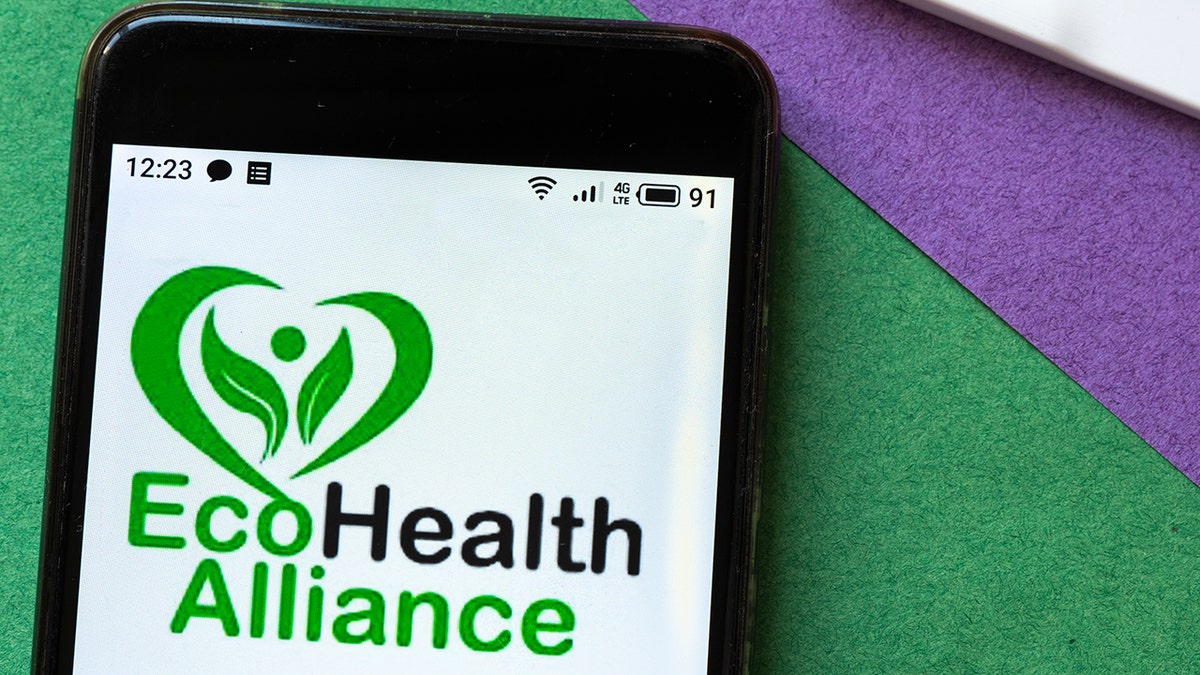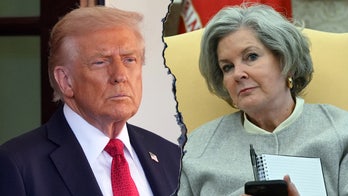Fox News Flash top headlines for October 3
Fox News Flash top headlines are here. Check out what's clicking on Foxnews.com.
The National Institutes of Health issued a new grant to research firm EcoHealth Alliance to study bat coronaviruses, despite a previous grant to the company drawing scrutiny over its links to the Wuhan Institute of Virology.
The NIH grant was awarded for project titled "Analyzing the potential for future bat coronavirus emergence in Myanmar, Laos, and Vietnam," on Sept. 21, 2022 by National Institute of Allergy and Infectious Diseases, which is run by Dr. Anthony Fauci until his forthcoming retirement. The grant provides EcoHealth Alliance with $653,392 covering a period until Aug. 31, 2027, government records show.
"Most pandemics are caused by animal-origin viruses that emerge in regions where people have high contact with wildlife and where illnesses or outbreaks may be missed," a public health relevance statement on the project's NIH website says. "This project builds on two decades of work that identifies the border region of Southern China, Myanmar, Laos, and Vietnam as a high risk for future emergence of novel coronaviruses and the potential site where SARS-CoV-2 first ‘spilled over’ from bats to people."
The statement says that the project "will conduct in-depth surveys and serological testing in communities with high exposure to wildlife, identify wildlife reservoirs of the coronaviruses they are exposed to, and use clinic-based surveillance to assess cases and clusters of associated illnesses, as well as testing public health strategies to disrupt spillover and spread."
FAUCI AND WIFE'S NET WORTH INCREASED BY $5M DURING THE PANDEMIC, ANALYSIS FINDS

Dr. Anthony Fauci has become a politically divisive figure. ((AP Photo/Susan Walsh, File) )
An abstract notes that Myanmar, Laos, and Vietnam "contain regions with human-wildlife interfaces" as well as "likely regular spillover of novel CoVs from bats and other wildlife."
Fox News reached out to NIAID for comment on the grant, but they did not immediately respond.
A previous $4.7 million grant to EcoHealth Alliance from USAID drew criticism from Republicans who claimed the money was used in part to fund research at the Wuhan Institute of Virology before the outbreak of the COVID-19 pandemic. EcoHealth Alliance was also criticized for failing to disclose findings in a timely manner.
FAUCI ADMITS ‘CERTAIN ASPECTS’ OF THE GOVERNMENT'S COVID-19 RESPONSE WERE ‘BOTCHED’
The National Institutes of Health even accused the company in the past of failing to properly report findings regarding bat coronaviruses growing in mice. EcoHealth Alliance's spokesman at the time said the organization submitted its findings to NIH "as soon as we were made aware."
Less than two weeks after the new grant was awarded, Sen. Joni Ernst, R-Iowa, introduced a bill to make sure EcoHealth Alliance never gets another.

UKRAINE - 2020/05/03: In this photo illustration an EcoHealth Alliance logo seen displayed on a smartphone. (Photo Illustration by Igor Golovniov/SOPA Images/LightRocket via Getty Images) ( Igor Golovniov/SOPA Images/LightRocket )
CLICK HERE TO GET THE FOX NEWS APP
"Giving taxpayer money to EcoHealth to study pandemic prevention is like paying a suspected arsonist to conduct fire safety inspections," Ernst told the Daily Caller.
Ernst's bill is known as the "Defund EcoHealth Alliance Act," and says that "[n]o funds authorized or appropriated by Federal law may be made available for any purpose to EcoHealth Alliance, Inc, including any subsidiaries and related organizations that are directly controlled by EcoHealth Alliance, Inc."


























